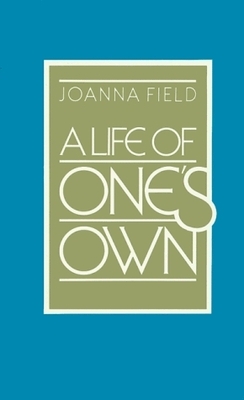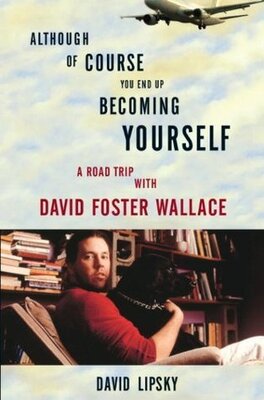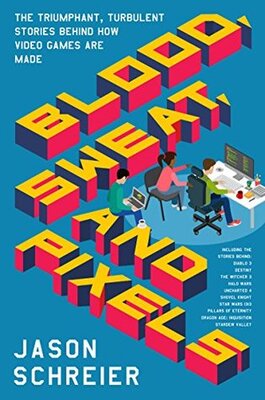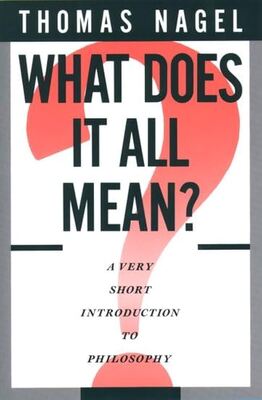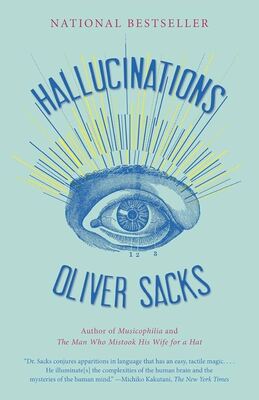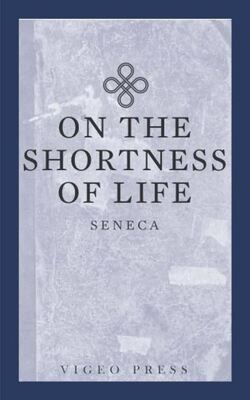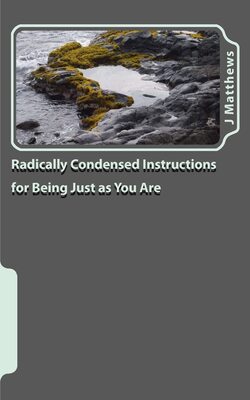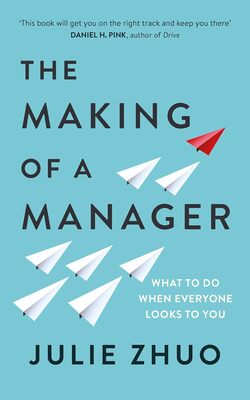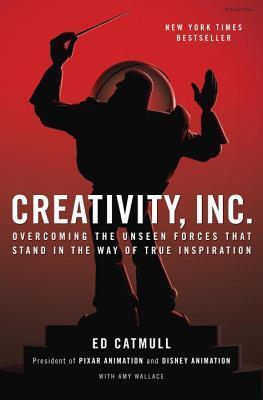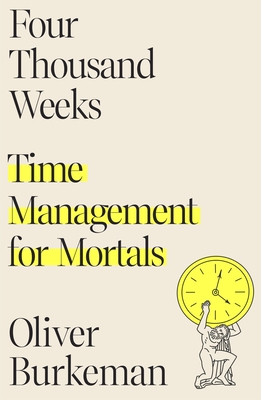
How would you spend your days differently if you didn’t care so much about seeing your actions reach fruition?
When people stop believing in an afterlife, everything depends on making the most of this life. And when people start believing in progress—in the idea that history is headed toward an ever more perfect future—they feel far more acutely the pain of their own little lifespan, which condemns them to missing out on almost all of that future. And so they try to quell their anxieties by cramming their lives with experience.
Perhaps the most appealing way to resist the truth about your finite time is to initiate a large number of projects at once; that way, you get to feel as though you’re keeping plenty of irons in the fire and making progress on all fronts. Instead, what usually ends up happening is that you make progress on no fronts—because each time a project starts to feel difficult, or frightening, or boring, you can bounce off to a different one instead. You get to preserve your sense of being in control of things, but at the cost of never finishing anything important.
It had been more comforting to imagine that I might eventually “optimize” myself into the kind of person who could confront such decisions without fear, feeling totally in charge of the process. I didn’t want to accept that this was never going to happen—that fear was part of the deal, and that experiencing it wouldn’t destroy me.
Before, time was just the medium in which life unfolded, the stuff that life was made of. Afterward, once “time” and “life” had been separated in most people’s minds, time became a thing that you used—and it’s this shift that serves as the precondition for all the uniquely modern ways in which we struggle with time today.
“If the satisfaction of an old man drinking a glass of wine counts for nothing,” wrote Simone de Beauvoir, “then production and wealth are only hollow myths; they have meaning only if they are capable of being retrieved in individual and living joy.”
It’s a self-help cliché that most of us need to get better at learning to say no. But as the writer Elizabeth Gilbert points out, it’s all too easy to assume that this merely entails finding the courage to decline various tedious things you never wanted to do in the first place. In fact, she explains, “it’s much harder than that. You need to learn how to start saying no to things you do want to do, with the recognition that you have only one life.”
Either of these might conceivably be true in certain cases; people are sometimes guilty of spectacularly bad choices in love, and in other domains as well. But more often, the real problem is just that the other person is one other person. In other words, the cause of your difficulties isn’t that your partner is especially flawed, or that the two of you are especially incompatible, but that you’re finally noticing all the ways in which your partner is (inevitably) finite, and thus deeply disappointing by comparison with the world of your fantasy, where the limiting rules of reality don’t apply.
At the end of your life, looking back, whatever compelled your attention from moment to moment is simply what your life will have been.
As long as you believe that the real meaning of life lies somewhere off in the future—that one day all your efforts will pay off in a golden era of happiness, free of all problems—you get to avoid facing the unpalatable reality that your life isn’t leading toward some moment of truth that hasn’t yet arrived.
Which is why it’s useful to begin this last stage of our journey with a blunt but unexpectedly liberating truth: that what you do with your life doesn’t matter all that much—and when it comes to how you’re using your finite time, the universe absolutely could not care less.
we still occasionally encounter islands of deep time today—in those moments when, to quote the writer Gary Eberle, we slip “into a realm where there is enough of everything, where we are not trying to fill a void in ourselves or the world.” The boundary separating the self from the rest of reality grows blurry, and time stands still. “The clock does not stop, of course,” Eberle writes, “but we do not hear it ticking.”
The general principle in operation is one you might call the “efficiency trap.” Rendering yourself more efficient—either by implementing various productivity techniques or by driving yourself harder—won’t generally result in the feeling of having “enough time,” because, all else being equal, the demands will increase to offset any benefits. Far from getting things done, you’ll be creating new things to do.
The real measure of any time management technique is whether or not it helps you neglect the right things.
They couldn’t stand the discomfort that arose from being forced to acknowledge their limited control over the speed of the creative process—and so they sought to escape it, either by not getting down to work at all, or by rushing headlong into stressful all-day writing binges, which led to procrastination later on, because it made them learn to hate the whole endeavor.
Our limited time isn’t just one among various things we have to cope with; rather, it’s the thing that defines us, as humans, before we start coping with anything at all.
Truly doing justice to the astonishing gift of a few thousand weeks isn’t a matter of resolving to “do something remarkable” with them. In fact, it entails precisely the opposite: refusing to hold them to an abstract and overdemanding standard of remarkableness, against which they can only ever be found wanting, and taking them instead on their own terms, dropping back down from godlike fantasies of cosmic significance into the experience of life as it concretely, finitely—and often enough, marvelously—really is.
consider some time-related question—how you plan to spend tomorrow afternoon, say, or what you’ve accomplished over the last year—and without being fully conscious of it at first, you’ll probably find yourself visualizing a calendar, a yardstick, a tape measure, the numbers on a clock face, or some hazier kind of abstract timeline. You’ll then proceed to measure and judge your real life against this imaginary gauge, lining up your activities against the timeline in your head.
I don’t think the feeling of anxiety ever completely goes away; we’re even limited, apparently, in our capacity to embrace our limitations.
The same goes for chores: in her book More Work for Mother, the historian Ruth Schwartz Cowan shows that when housewives first got access to “labor-saving” devices like washing machines and vacuum cleaners, no time was saved at all, because society’s standards of cleanliness simply rose to offset the benefits; now that you could return each of your husband’s shirts to a spotless condition after a single wearing, it began to feel like you should, to show how much you loved him.
It’s an attempt to devour the experiences the world has to offer, to feel like you’ve truly lived—but the world has an effectively infinite number of experiences to offer, so getting a handful of them under your belt brings you no closer to a sense of having feasted on life’s possibilities.
As convenience colonizes everyday life, activities gradually sort themselves into two types: the kind that are now far more convenient, but that feel empty or out of sync with our true preferences; and the kind that now seem intensely annoying, because of how inconvenient they remain.
We go through our days fretting because we can’t control what the future holds; and yet most of us would probably concede that we got to wherever we are in our lives without exerting much control over it at all.
We treat our plans as though they are a lasso, thrown from the present around the future, in order to bring it under our command. But all a plan is—all it could ever possibly be—is a present-moment statement of intent. It’s an expression of your current thoughts about how you’d ideally like to deploy your modest influence over the future. The future, of course, is under no obligation to comply.
“Because children grow up, we think a child’s purpose is to grow up,” Herzen says. “But a child’s purpose is to be a child. Nature doesn’t disdain what only lives for a day. It pours the whole of itself into each moment … Life’s bounty is in its flow. Later is too late.”
For all its chilled-out associations, the attempt to be here now is therefore still another instrumentalist attempt to use the present moment purely as a means to an end, in an effort to feel in control of your unfolding time.
Even an undertaking as seemingly hedonistic as a year spent backpacking around the globe could fall victim to the same problem, if your purpose isn’t to explore the world but—a subtle distinction, this—to add to your mental storehouse of experiences, in the hope that you’ll feel, later on, that you’d used your life well.
The truth, then, is that spending at least some of your leisure time “wastefully,” focused solely on the pleasure of the experience, is the only way not to waste it—to be truly at leisure, rather than covertly engaged in future-focused self-improvement. In order to most fully inhabit the only life you ever get, you have to refrain from using every spare hour for personal growth.
Early capitalism got much of its energy, Weber argued, from Calvinist merchants and tradesmen who felt that relentless hard work was one of the best ways to prove—to others, but also to themselves—that they belonged to the former category rather than the latter. Their commitment to frugal living supplied the other half of Weber’s theory of capitalism: when people spend their days generating vast amounts of wealth through hard work but also feel obliged not to fritter it away on luxuries, the inevitable result is large accumulations of capital.
Once you can heat your dinner in the microwave in sixty seconds, it begins to seem genuinely realistic that you might be able to do so instantaneously, in zero seconds—and thus all the more maddeningly frustrating that you still have to wait an entire minute instead.
Because your quantity of time is so limited, you’ll never reach the commanding position of being able to handle every demand that might be thrown at you or pursue every ambition that feels important; you’ll be obliged to make tough choices instead. And because you can’t dictate, or even accurately predict, so much of what happens with the finite portion of time you do get, you’ll never feel that you’re securely in charge of events, immune from suffering, primed and ready for whatever comes down the pike.
The human disease is often painful, but as the Zen teacher Charlotte Joko Beck puts it, it’s only unbearable for as long as you’re under the impression that there might be a cure. Accept the inevitability of the affliction, and freedom ensues: you can get on with living at last.
It’s alluring to try to alleviate the anxiety of having too many responsibilities or ambitions by getting started on them all at once, but you’ll make little progress that way; instead, train yourself to get incrementally better at tolerating that anxiety, by consciously postponing everything you possibly can, except for one thing. Soon, the satisfaction of completing important projects will make the anxiety seem worthwhile—and since you’ll be finishing more and more of them, you’ll have less to feel anxious about anyway.
